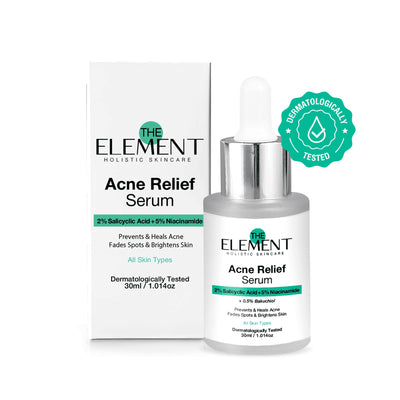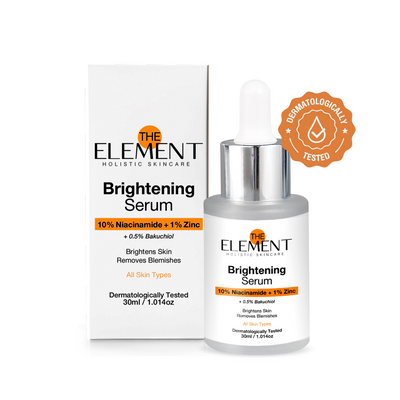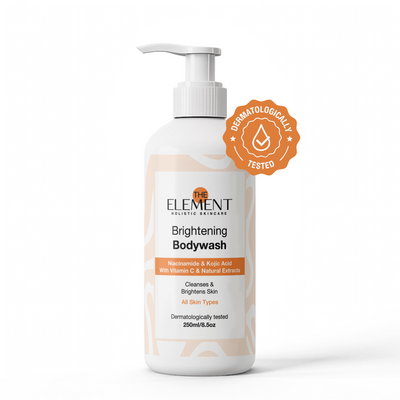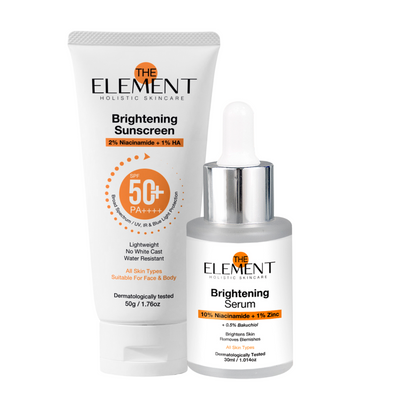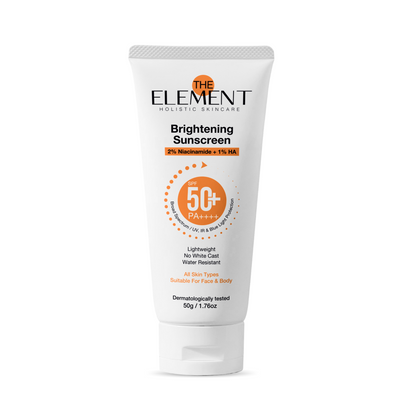Understanding Skin Pigmentation: Causes, Treatments, and Remedies for a Radiant Complexion
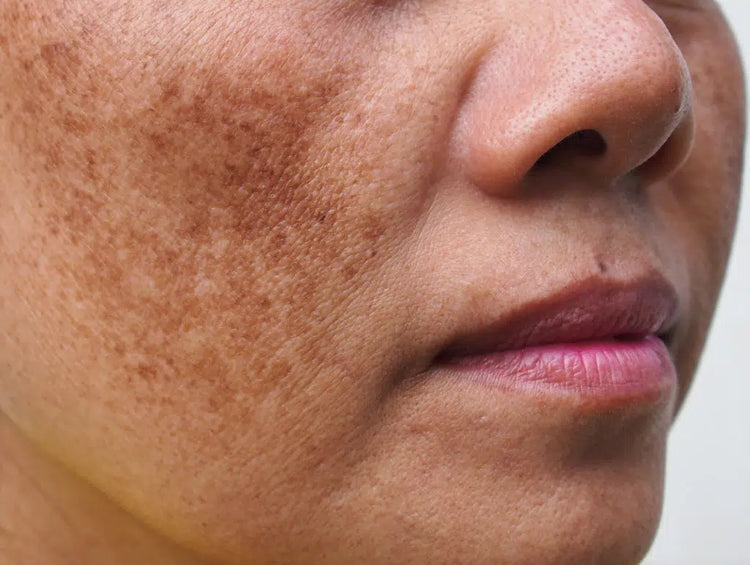
Introduction
Skin pigmentation is a common concern that affects people of all ages and skin types. Whether it’s dark spots, uneven skin tone, or discoloration, pigmentation on the face can impact one’s confidence and appearance. But what exactly is skin pigmentation, and how can it be treated effectively? In this comprehensive guide, we’ll explore the meaning of skin pigmentation, its causes, and the best treatments, including creams, serums, and home remedies. If you’re looking for ways to remove pigmentation from your face permanently, this article is your ultimate resource.
What Is Skin Pigmentation?
Skin pigmentation refers to the coloring of the skin caused by melanin, a natural pigment produced by melanocytes. When melanin production is disrupted, it can lead to hyperpigmentation (dark spots) or hypopigmentation (light spots).
Pigmentation on Face: What Does It Mean?
Pigmentation on the face means an uneven distribution of melanin, resulting in dark patches, spots, or discoloration. This can occur due to various factors, including sun exposure, hormonal changes, or skin conditions.
Causes of Skin Pigmentation
Understanding the causes of skin pigmentation is essential for effective treatment. Here are the most common reasons:
- Sun Exposure: Prolonged exposure to UV rays triggers melanin production, leading to sunspots and freckles.
- Hormonal Changes: Conditions like melasma are often linked to hormonal fluctuations during pregnancy or due to contraceptive use.
- Aging: As we age, the skin’s ability to repair itself diminishes, resulting in age spots.
- Skin Inflammation: Acne, eczema, or injuries can cause post-inflammatory hyperpigmentation (PIH).
- Genetics: Some people are genetically predisposed to pigmentation issues.
- Medications: Certain drugs, such as chemotherapy agents, can cause pigmentation changes.
Skin Pigmentation on Face: Treatment Options
1. Topical Treatments
Topical treatments are the first line of defense against pigmentation.
- Skin Pigmentation Cream: Look for creams containing ingredients like:
-
- Hydroquinone (a powerful skin-lightening agent)
- Kojic Acid (derived from fungi, effective for brightening)
- Vitamin C (an antioxidant that reduces dark spots)
- Retinoids (stimulate cell turnover and fade pigmentation)
- Skin Pigmentation Serum: Serums with active ingredients like niacinamide, alpha arbutin, and tranexamic acid are highly effective for targeting pigmentation.
- Anti-Pigmentation Cream: Ingredients such as azelaic acid and glycolic acid are excellent for exfoliating and reducing pigmentation.
2. Medical Treatments
For severe pigmentation, dermatologists may recommend:
- Chemical Peels: Exfoliate the top layer of skin to reveal a brighter complexion.
- Laser Therapy: Targets melanin deposits to reduce pigmentation.
- Microdermabrasion: Removes dead skin cells and improves skin texture.
3. Home Remedies for Pigmentation on Face
Natural remedies can complement medical treatments:
- Aloe Vera: Contains aloin, which lightens pigmentation.
- Turmeric: Curcumin in turmeric has anti-inflammatory and brightening properties.
- Lemon Juice: A natural bleaching agent (use with caution).
- Green Tea Extract: Reduces melanin production.
Lip Pigmentation: Causes and Treatment
Lip pigmentation is often caused by smoking, sun exposure, or dehydration.
Lip Pigmentation Treatment:
- Use lip balms with SPF to protect against UV rays.
- Exfoliate lips gently with sugar and honey scrubs.
- Apply natural oils like almond or coconut oil to hydrate and lighten lips.
How to Remove Pigmentation from Face Permanently
Achieving permanent results requires a combination of treatments and lifestyle changes:
- Sun Protection: Always wear sunscreen with SPF 30 or higher.
- Consistent Skincare Routine: Use products with active ingredients like retinoids and vitamin C.
- Healthy Diet: Include foods rich in antioxidants, such as berries and leafy greens.
- Professional Treatments: Regular sessions of chemical peels or laser therapy can provide long-term results.
Best Cream for Pigmentation: Key Ingredients
When choosing a cream for pigmentation, look for these ingredients:
- Hydroquinone: A gold standard for skin lightening.
- Niacinamide: Reduces inflammation and brightens skin.
- Licorice Extract: A natural ingredient that inhibits melanin production.
- Tranexamic Acid: Effective for melasma and stubborn pigmentation.
Benefits, Challenges, and Future of Pigmentation Treatments
Benefits:
- Improved skin tone and texture.
- Boosted confidence and self-esteem.
- Prevention of further pigmentation issues.
Challenges:
- Some treatments may cause irritation or sensitivity.
- Results can take time and require consistency.
- Not all treatments work for every skin type.
Future of Pigmentation Treatments:
Advancements in skincare technology, such as nanotechnology and personalized skincare, are paving the way for more effective and targeted treatments.
Pigmentation on Face: Home Remedies
For those who prefer natural solutions, here are some effective remedies:
- Potato Juice: Contains catecholase, which lightens dark spots.
- Cucumber: Soothes and brightens the skin.
- Papaya: Rich in enzymes that exfoliate and lighten pigmentation.
Pigmentation on Face: Serum Recommendations
Serums are lightweight and penetrate deeply into the skin. Look for serums with:
- Vitamin C: Brightens and protects against free radicals.
- Alpha Arbutin: Reduces melanin production.
- Hyaluronic Acid: Hydrates and plumps the skin.
Conclusion
Skin pigmentation is a manageable condition with the right knowledge and treatments. Whether you’re dealing with pigmentation on your face or lips, there are numerous options available, from creams and serums to medical treatments and home remedies. By understanding the causes and choosing the right products with effective ingredients, you can achieve a radiant, even-toned complexion.
If you found this guide helpful, share it with others or leave a comment below. For more skincare tips and advice, explore our related articles.
FAQ Section
1. What is skin pigmentation?
Skin pigmentation refers to the coloring of the skin caused by melanin.
2. What causes pigmentation on the face?
Common causes include sun exposure, hormonal changes, aging, and skin inflammation.
3. How can I remove pigmentation from my face permanently?
Use sunscreen, follow a consistent skincare routine, and consider professional treatments like chemical peels or laser therapy.
4. What ingredients should I look for in a pigmentation cream?
Look for hydroquinone, kojic acid, vitamin C, and retinoids.
5. Are home remedies effective for pigmentation?
Yes, natural remedies like aloe vera, turmeric, and lemon juice can help lighten pigmentation over time.
6. What is the best treatment for pigmentation on the face?
The best treatment depends on the severity of pigmentation. Topical treatments, chemical peels, and laser therapy are effective options.
7. Can pigmentation on lips be treated?
Yes, lip pigmentation can be treated with SPF lip balms, exfoliation, and natural oils.
By addressing these common questions, you can make informed decisions about managing and treating skin pigmentation effectively.

